Blinken China Visit: Joe Biden Administration’s Vision on China Challenges
The United States Secretary of State, Antony Blinken, recently gave a speech regarding the Biden Administration’s Vision on China Challenges. During the speech, Blinken called for a vigorous defense of the existing global order and assured everyone that Joe Biden’s administration did not seek a “cold war” with China. The speech contained three words: invest, align, and compete. This article will take a closer look at Blinken’s speech and discuss what it means for US-China relations.
Background: The Biden Administration’s Policy towards China
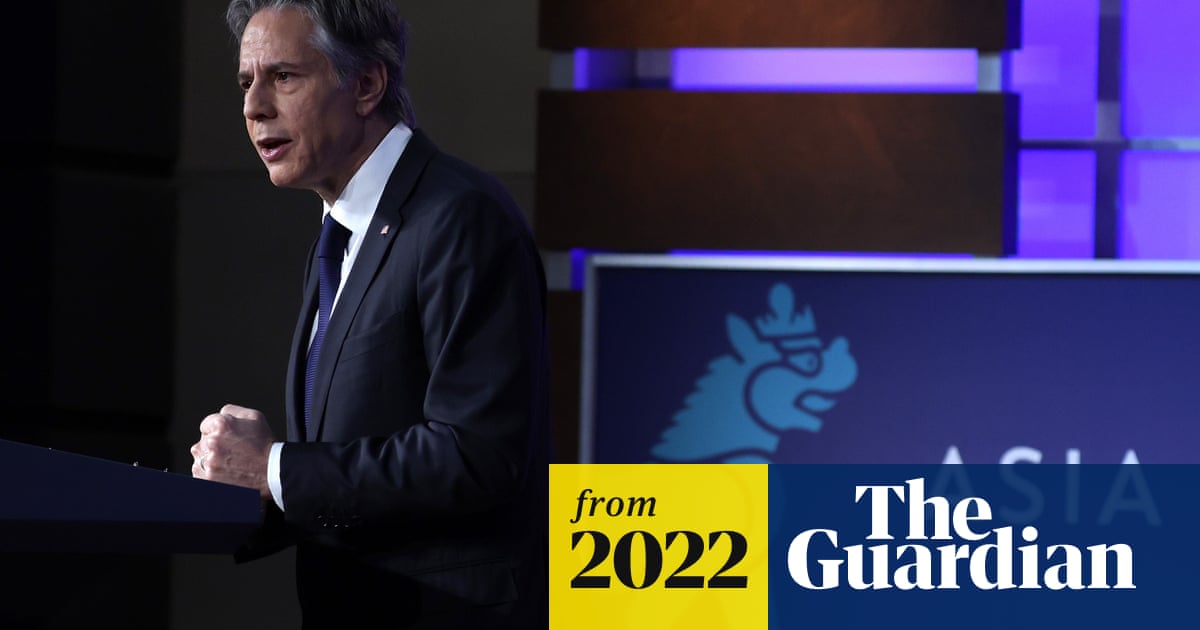
The Biden Administration has devoted much of its resources to containing Moscow, but Washington sees Beijing as a “long-term challenge.” China is the only country with both the intent and the power to reshape the international order, Blinken warned during his speech.
The Three Words of the Biden Administration’s China Policy

- Invest: The US will double down on investments into research and development.
- Align: The US will work with American partners and allies to preserve the international order.
- Compete: The US will attract the best talents from around the world, including those from China.
The Issues: Human Rights Violations, Infringement of Citizens’ Privacy, and More
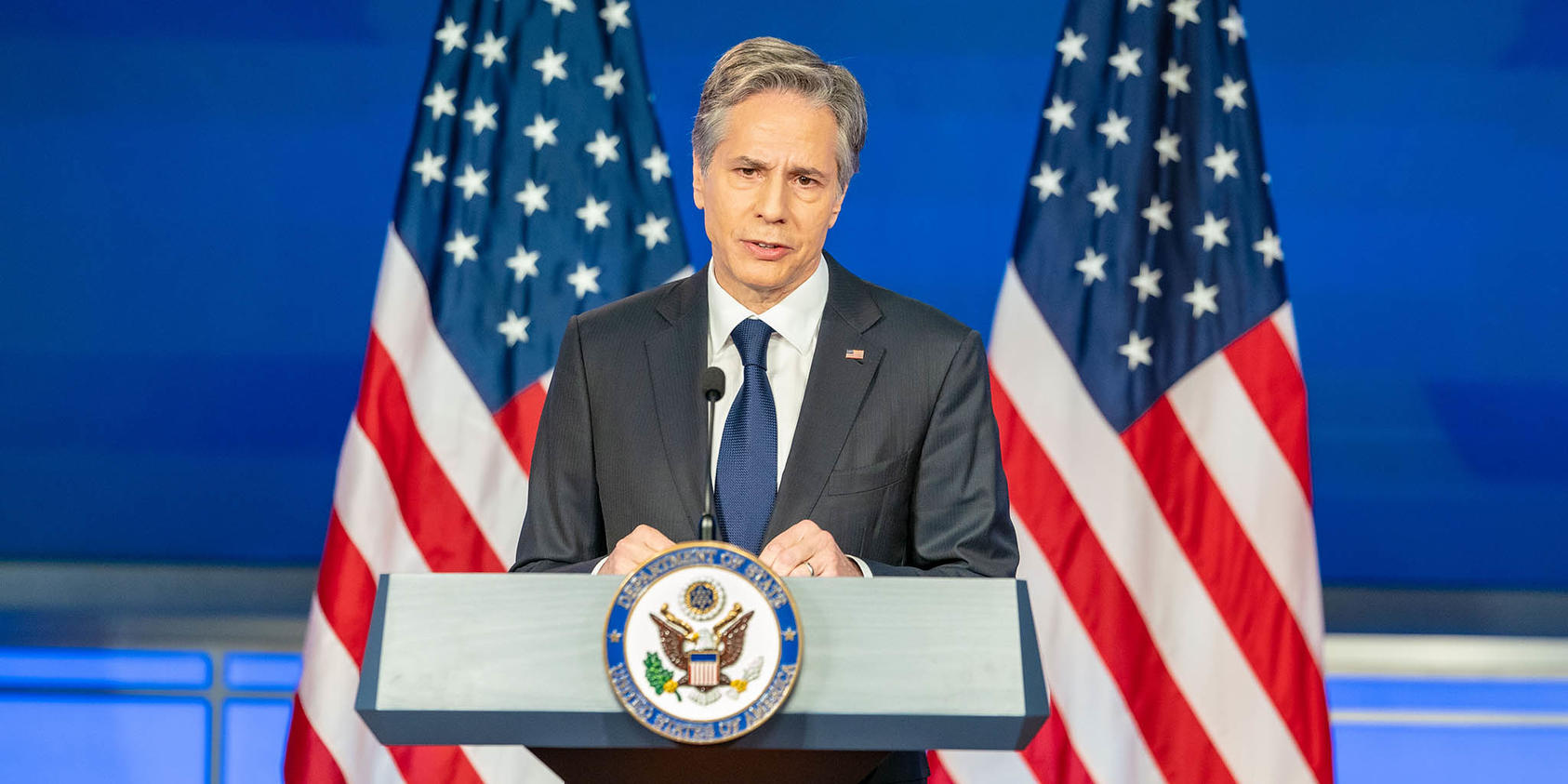
Blinken highlighted China’s violation of human rights, infringement of citizens’ privacy, as well as Xi Jinping’s “limitless” friendship with Vladimir Putin. He warned that Beijing’s vision would move the world away from the universal values that have sustained much progress over the past 75 years.
The Strategy: Shaping the Strategic Environment Around Beijing
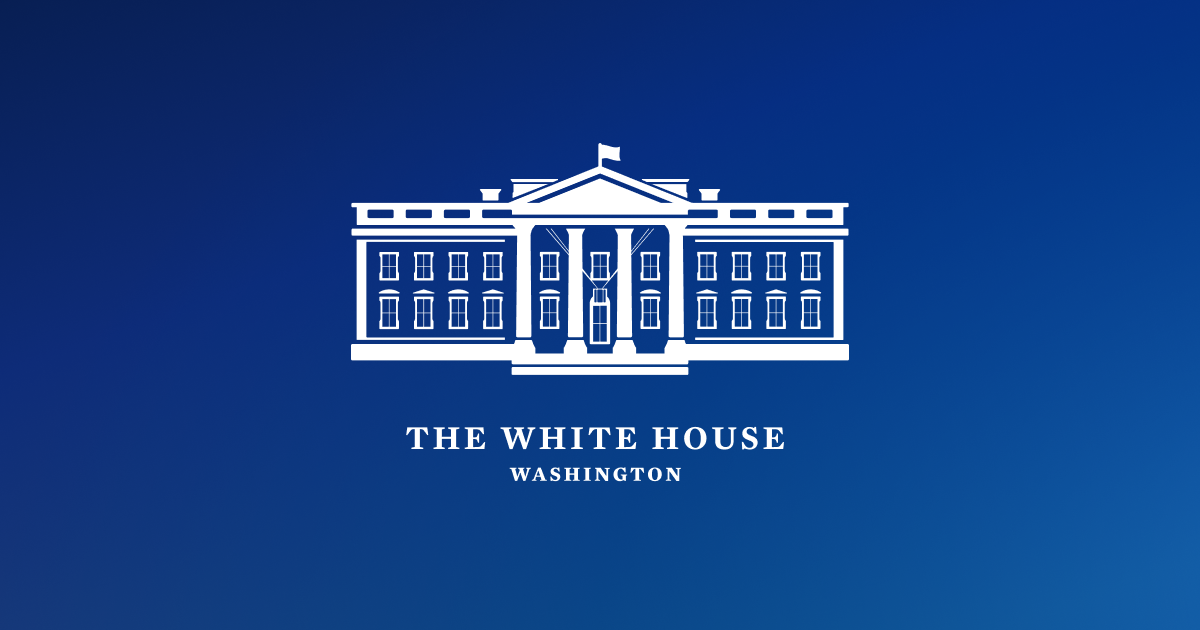
The United States’ ability to directly influence China’s ambitions is limited. So, the US will shape the strategic environment around Beijing to advance its vision for an open and inclusive international system, Blinken added.
The Challenge: Tensions Between the US and China
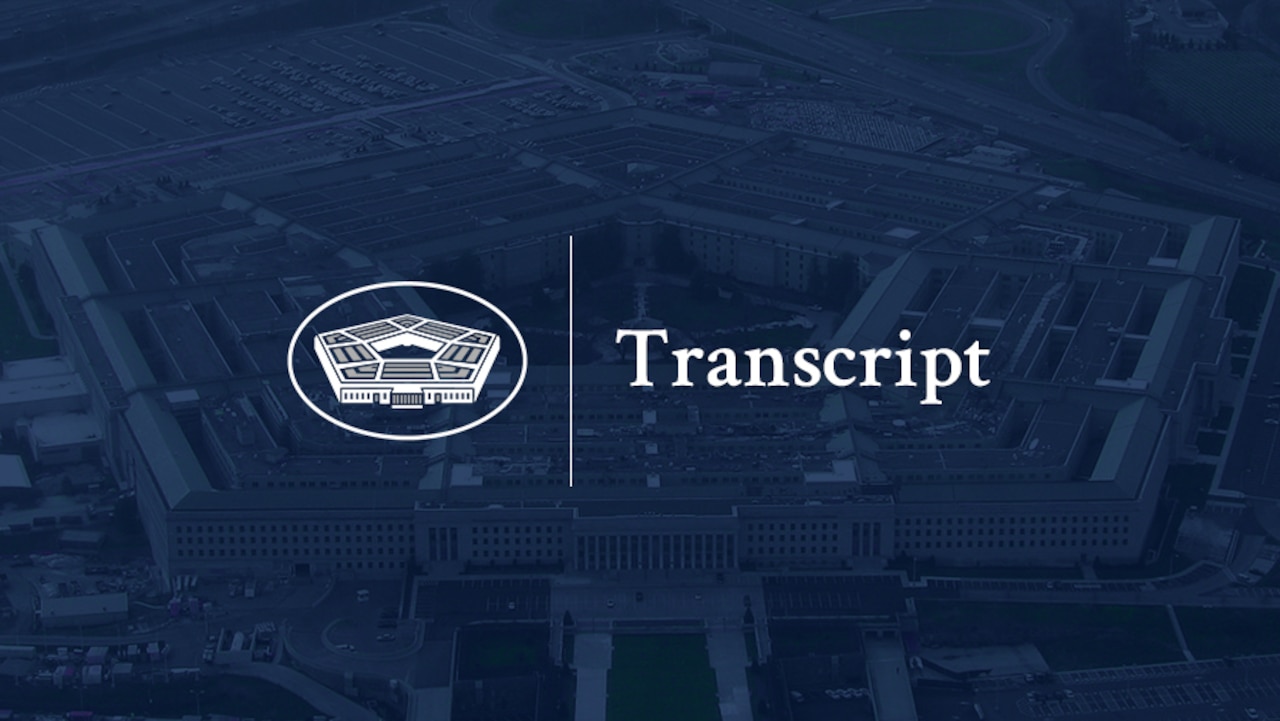
Tensions between the world’s two largest economies and military powers have continued to simmer in areas ranging from supply chains to geo-strategy in the Asia-Pacific region. This May, while Biden visited allies Japan and South Korea and invited leaders from Asean nations for a summit in Washington, Beijing expressed its displeasure with the US.
The Response: Qin Gang’s Warning and Zhao Tong’s Statement
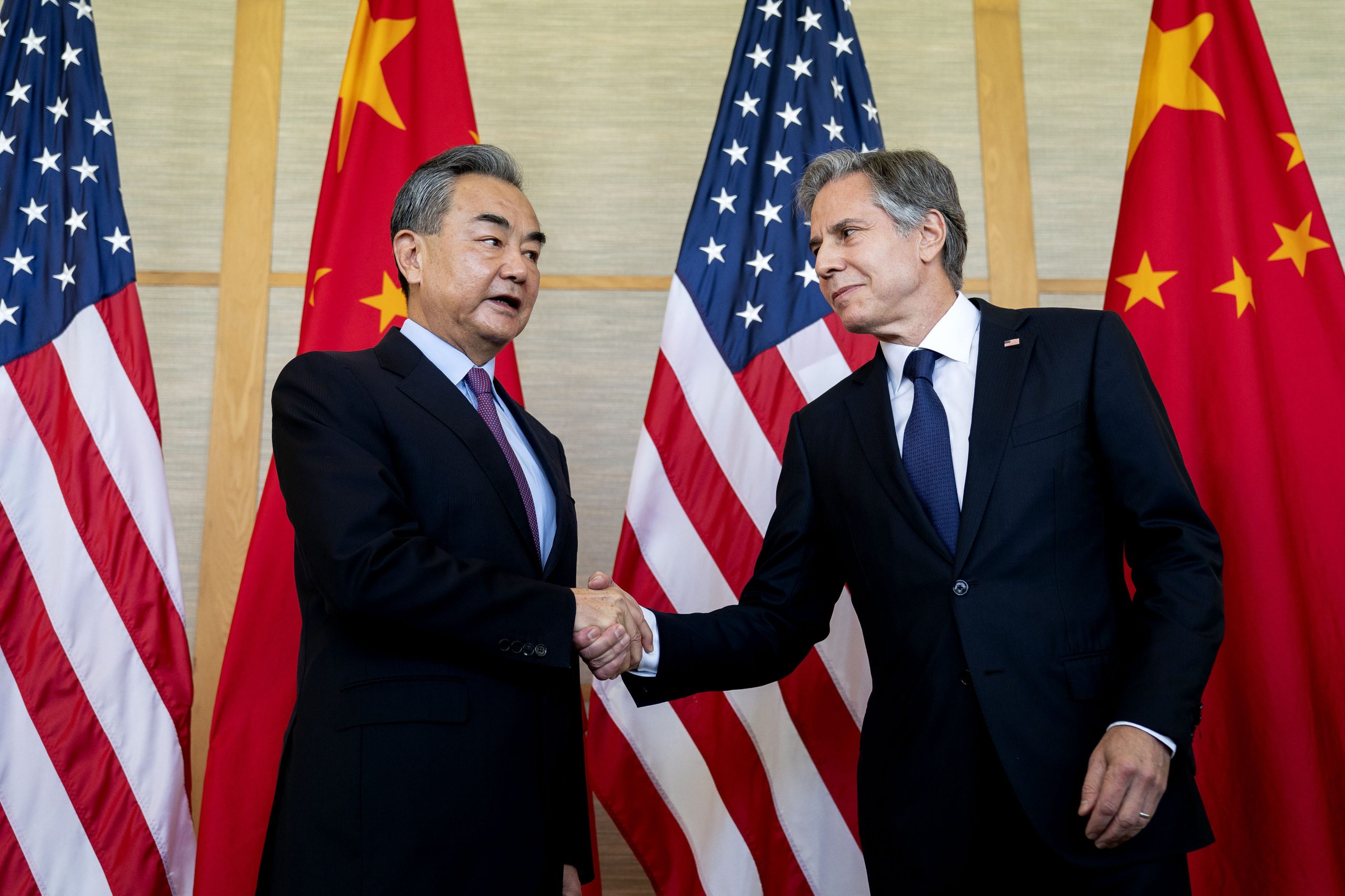
Qin Gang, China’s envoy to the US, warned that his government considers the “one China principle” – which in Washington is called “one China policy” – as the “bedrock” of peace across the Taiwan Strait. Zhao Tong, a senior fellow at the Carnegie Endowment for International Peace based in Beijing, said that Blinken’s China speech would not change Beijing’s perception about and its dealings with Washington significantly.
Conclusion
The Biden Administration’s vision for US-China relations is clear: invest, align, and compete. The US will double down on R&D investment, work with its partners and allies to preserve the international order, and attract the best talents from around the world, including China. However, shaping the strategic environment around Beijing to advance the US’s vision for an open and inclusive international system is going to be challenging. Nevertheless, the US government is already making the necessary preparations to tackle the challenge with a long-term strategy in mind.
FAQs
1. What is the Biden Administration’s vision for US-China relations?
The Biden Administration’s vision for US-China relations is to invest, align, and compete. This means focusing on R&D investment, working with partners and allies to preserve the international order, and attracting the best talents from around the world, including China.
2. What did Blinken highlight in his speech?
Blinken highlighted China’s violation of human rights, infringement of citizens’ privacy, as well as Xi Jinping’s “limitless” friendship with Vladimir Putin.
3. How will the US handle tensions with China?
The US will shape the strategic environment around Beijing to advance its vision for an open and inclusive international system, Blinken added.
4. What is China’s position on its “one China principle”?
China’s envoy to the US, Qin Gang, warned that his government considers the “one China principle” – which in Washington is called “one China policy” – as the “bedrock” of peace across the Taiwan Strait.
5. Will Blinken’s China speech change Beijing’s dealings with Washington?
Zhao Tong, a senior fellow at the Carnegie Endowment for International Peace based in Beijing, said that Blinken’s China speech would not change Beijing’s perception about and its dealings with Washington significantly.

